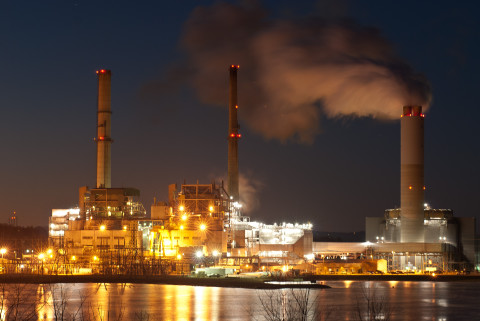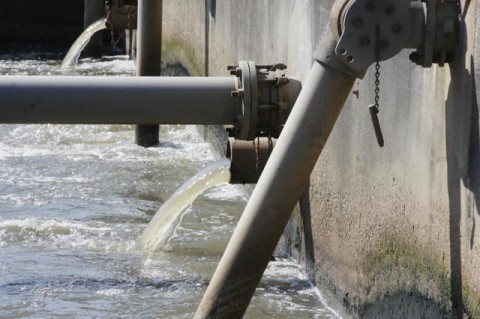“The decision to begin collecting a stormwater fee was made because, prior to 2019 and 2020, Woodfin had essentially just gotten away with not satisfying the mandatory obligations of its MS4 permit.”


“The decision to begin collecting a stormwater fee was made because, prior to 2019 and 2020, Woodfin had essentially just gotten away with not satisfying the mandatory obligations of its MS4 permit.”

“The more than a thousand citizen activists who came together as the Upper French Broad Defense Association, bolstered by staunch support from state Rep. Charles Taylor, forced TVA to abandon its plans in 1972.”

“The enactment of these regulations has allowed us to preserve one of our most vital resources, and we should celebrate this monumental milestone for clean water.”

“Let your thoughts be known if you would rather our state resources be used to protect our precious water supply and promote clean energy instead of supporting destructive pipelines that will dig their way through our beautiful communities and put them in danger at the same time.”

Duke Energy pleaded guilty in federal court on Thursday to nine criminal violations of the Clean Water Act at five of its North Carolina plants. The nation’s largest power company agreed to pay $102 million in fines and restitution for the pollution of the Dan River.
Do you enjoy our beautiful mountains, clean air and water and wonderful wild places? Me too, so I was shocked to find out that some of our legislators want to severely weaken or totally dismantle North Carolina's Air Toxics Program. The General Assembly claims that environmental protections and safeguards cost jobs and hurt businesses, but […]

Every day, the Municipal Sewerage District collects and treats — and discharges into the French Broad — an average of 18 million gallons of wastewater, relying on millions of microbes to do what they’ve been doing since the Earth was young: consume organic waste. And every year, the Clean Water Act requires the utility to provide an assessment of how well they’re doing. That report was submitted to DENR August 30; let’s take a look.
To most Western North Carolinians, it might seem obvious that protecting access to clean water should be a top priority for our elected leaders. Besides making up 60 percent of the human body and being essential for drinking, irrigation and fisheries, water is a vital regional asset for recreation and scenic beauty.
But even putting all that aside, it’s also one of our most powerful economic engines. …